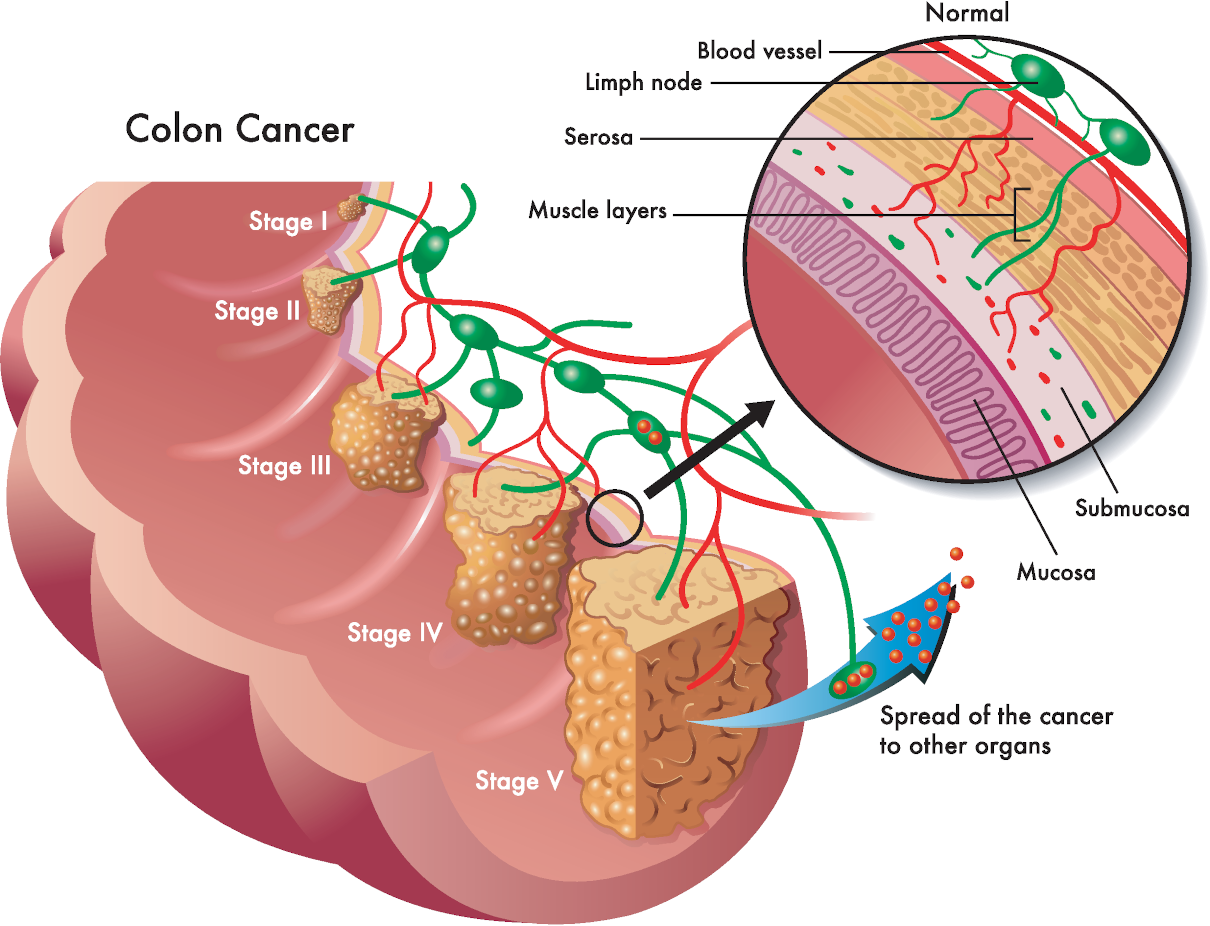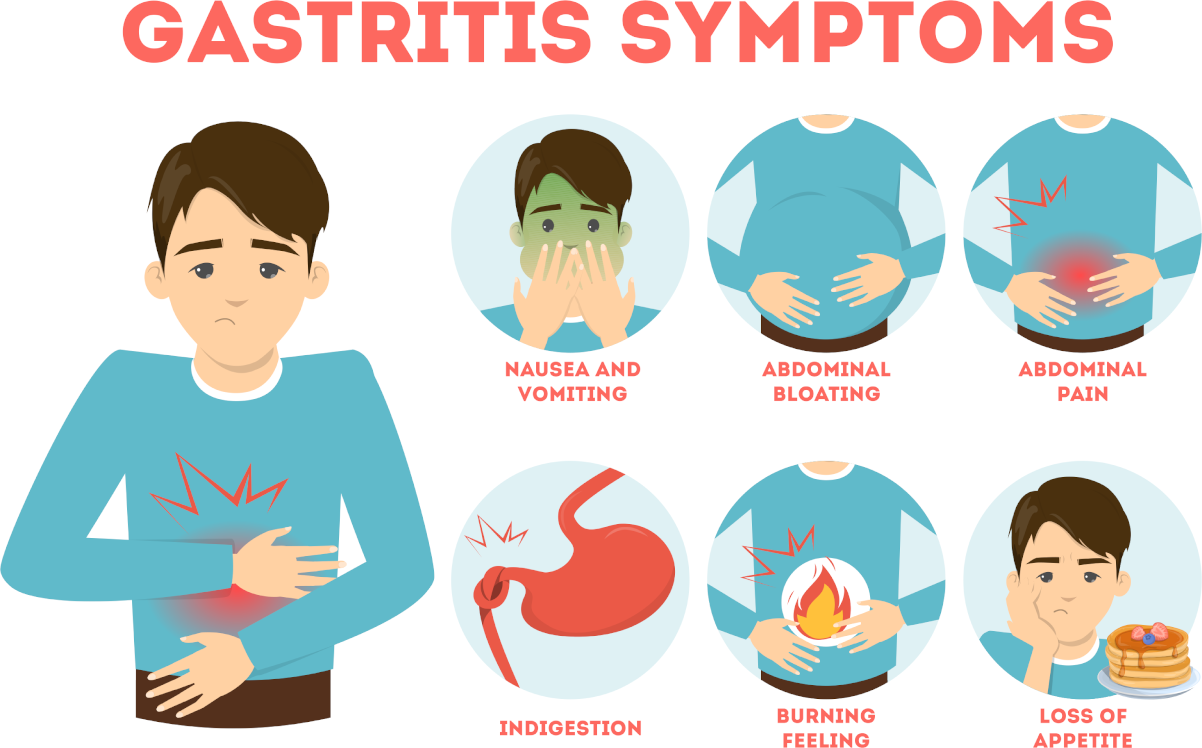
The colon, or large intestine/bowel, is a vital organ situated in the digestive tract in the abdominal cavity. It is considered a vestigial structure with a rich lymphatic supply. It consists of the ascending, transverse, descending, sigmoid colon, and rectum. The anus acts as a valve under voluntary control.
Its functions are to re-absorb digestive juices, water-soluble salts, and bile back into the bloodstream and thence to the liver. It also stores and desiccates food and other bodily wastes before elimination. Besides, it houses a vast array of beneficial bacteria. The latter help our immunity to infection, keep high blood cholesterol levels in check, produce some vitamins and prevent colon cancer.

Alkalising colonic irrigation with sodium bicarbonate
Safe and effective colon hydrotherapy includes an initial consultation. Consequently, sodium bicarbonate delivered to the colon through hydrotherapy can kill off candida.
Colon working normally
The form of the colon is variable. Most diagrams show an idealised bowel, whereas the length is variable. Although, the path it follows can be tortuous, with many loops. Some unfortunate people have that problem, where constipation runs in their family.
The bowel structure is made from smooth muscle. It is different from regular body muscle in as much as it is under autonomic nerve regulation. We have no conscious control over it when it’s usually working. However, muscle spasms may result if the colon is fast and disordered. It is a feature of Irritable Bowel Syndrome, strangely also accompanied by constipation and bloating, irregular defecation and incomplete evacuation.

Food intolerance test of 208 ingredients
This is our most comprehensive food and drink test. It analyses your client’s IgG antibody reactions to 208 food and drink ingredients. This test will highlight their food triggers and help you formulate an IgG-guided elimination diet together.
The large intestine is the central part of the eliminative system.
The colon is the central part of the eliminative system of the body. So, it is essential to keep bowel function regular to prevent the other eliminative organs from becoming overworked. It also helps to avoid the effect of toxins building up in the body.
The contraindications of colon hydrotherapy include:
- diverticulitis,
- ulcerative colitis,
- Crohn’s disease,
- severe haemorrhoids,
- or a tumour in the rectum or large intestine.










